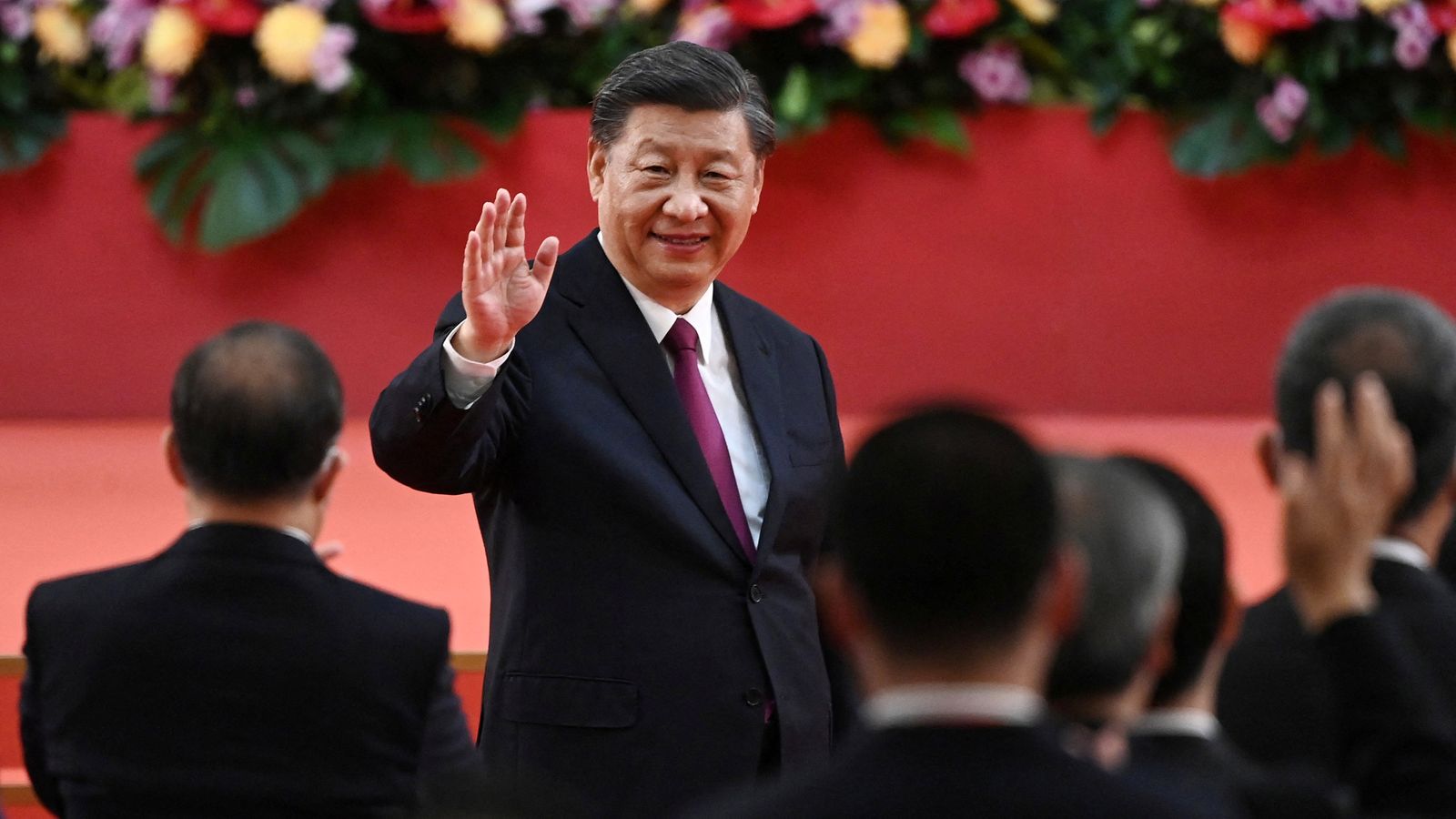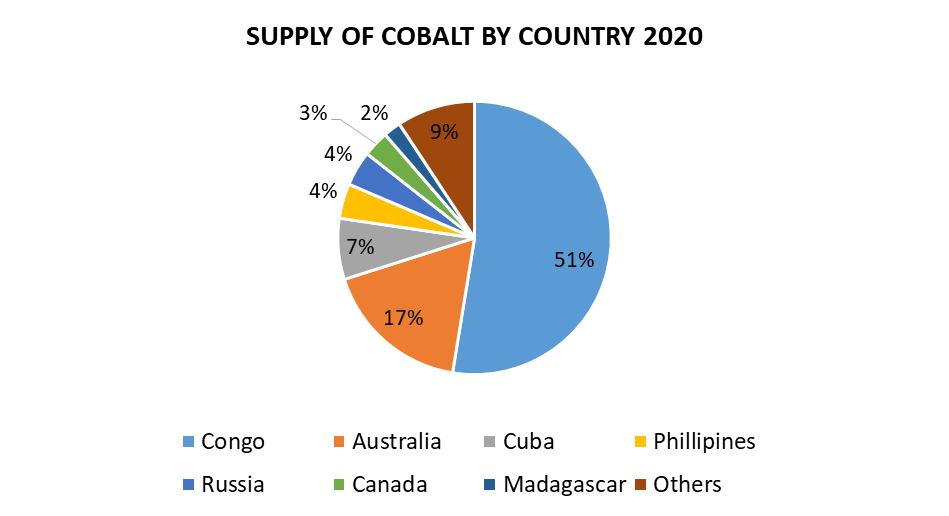Trump Vs. Canadian Imports: Fact-Checking The US Dependence Debate

Table of Contents
The Trump Administration's Stance on Canadian Imports
The Trump administration adopted a protectionist stance, often framing trade with Canada as a zero-sum game. This approach manifested in several key policy changes directly impacting Canadian imports.
Specific Policy Changes (Tariffs, Trade Disputes)
- Steel and Aluminum Tariffs (2018): These tariffs, justified on national security grounds, significantly impacted Canadian steel and aluminum producers, leading to retaliatory tariffs from Canada. This trade dispute highlighted the interconnectedness of the two economies and the potential consequences of protectionist measures.
- Renegotiation of NAFTA (USMCA): The Trump administration's renegotiation of the North American Free Trade Agreement (NAFTA) resulted in the USMCA (United States-Mexico-Canada Agreement). While maintaining free trade, the agreement included changes to labor provisions, intellectual property protection, and dispute resolution mechanisms, impacting various sectors of trade.
The Rhetoric Surrounding Canadian Imports
Trump's public statements often portrayed Canada as a trade adversary, emphasizing a perceived trade deficit and unfair trade practices. This rhetoric, while politically effective, often oversimplified the complex realities of US-Canada trade. His characterization frequently ignored the significant mutual benefits and deep economic integration between the two countries.
- Example: Statements about Canada "taking advantage" of the US in trade often lacked the necessary context of the extensive bilateral trade relationship and the substantial benefits enjoyed by both nations.
Economic Consequences: The steel and aluminum tariffs resulted in increased costs for US manufacturers relying on Canadian inputs, while Canadian retaliatory tariffs hurt US exporters. The USMCA, while achieving some US objectives, also maintained the largely beneficial framework of NAFTA, mitigating potentially devastating economic consequences.
Analyzing US Dependence on Key Canadian Imports
The US displays significant dependence on Canada for various essential goods and resources. Ignoring this reality would be detrimental to a clear understanding of the economic relationship between the two nations.
Energy Sector Dependence
The US relies heavily on Canadian oil and natural gas, particularly from Alberta. This dependence is reflected in extensive pipeline infrastructure and energy trade flows.
- Keystone XL Pipeline: A prominent example of energy dependence and its political implications. Though ultimately canceled, this project underscored the importance of Canadian energy supplies to the US.
- Economic Significance: Canadian energy imports contribute significantly to US energy security and provide a vital energy source for several regions. Diversification efforts, while important, remain a long-term process.
Manufactured Goods and Resources
Beyond energy, the US imports substantial quantities of manufactured goods and resources from Canada, including:
- Lumber: Canada is a major supplier of lumber to the US, crucial for the construction industry.
- Automotive Parts: The North American auto industry is highly integrated, with extensive cross-border trade in automotive parts between the US and Canada.
Impact of Reduced Imports: Reduced imports from Canada would disrupt US industries relying on these goods, leading to potential price increases, supply chain disruptions, and job losses.
The Economic Realities of US-Canada Trade
The US-Canada trade relationship is far more nuanced than often portrayed. While trade balances fluctuate, focusing solely on deficits obscures the bigger picture of mutual benefits.
Trade Balance and Deficits
While the US may experience a trade deficit with Canada in some years, this doesn't necessarily reflect an exploitative relationship. Trade deficits can result from factors like exchange rates, differing production costs, and consumer demand, not solely unfair trade practices.
Mutual Benefits of the Trade Relationship
The US-Canada trade relationship is characterized by significant mutual benefits.
- Economic Growth: Trade facilitates economic growth in both countries through increased productivity, specialization, and access to larger markets.
- Job Creation: The integrated supply chains and extensive trade contribute significantly to job creation in both the US and Canada.
- Supply Chain Integration: The close proximity and strong economic ties between the US and Canada have fostered highly integrated supply chains, improving efficiency and reducing costs.
Negative Consequences of Trade Disruptions: Disruptions to US-Canada trade, like those stemming from the steel and aluminum tariffs, result in negative economic consequences for both nations, affecting consumers, businesses, and workers.
Re-evaluating the Narrative Around Trump vs. Canadian Imports
This article has explored the complex relationship between the Trump administration's policies and US dependence on Canadian imports. The narrative often presented – a simplistic portrayal of adversarial trade – fails to capture the significant interdependence and mutual benefits of this long-standing trade partnership. Understanding US dependence on Canadian imports requires a nuanced perspective, acknowledging both the challenges and opportunities presented by this crucial relationship. The impacts of the Trump administration’s policies, including tariffs and trade negotiations, highlight the significant ramifications of protectionist measures.
While there have been instances of trade disputes and differing perspectives, the reality is one of substantial interdependence. Simply focusing on trade deficits ignores the broader picture of mutual economic benefits. To fully grasp the complexities of this relationship, we urge readers to delve deeper into specific policies, engage in informed discussions, and critically evaluate the full impact of “Trump vs. Canadian Imports” on the US economy and its relationship with Canada. Understanding the US dependence on Canadian imports is vital for navigating future trade relations effectively.

Featured Posts
-
 Analyzing Player Ratings New York City Fc And Toronto Fc
May 15, 2025
Analyzing Player Ratings New York City Fc And Toronto Fc
May 15, 2025 -
 College Van Omroepen En Het Herstel Van Vertrouwen Bij De Npo
May 15, 2025
College Van Omroepen En Het Herstel Van Vertrouwen Bij De Npo
May 15, 2025 -
 Dijital Veri Tabani Isguecue Piyasasi Rehberi Carsamba Ledra Pal Da
May 15, 2025
Dijital Veri Tabani Isguecue Piyasasi Rehberi Carsamba Ledra Pal Da
May 15, 2025 -
 Analysis Xi Jinpings Expert Team And The Us Deal
May 15, 2025
Analysis Xi Jinpings Expert Team And The Us Deal
May 15, 2025 -
 Congos Cobalt Export Ban Market Reaction And The Path Forward With A New Quota System
May 15, 2025
Congos Cobalt Export Ban Market Reaction And The Path Forward With A New Quota System
May 15, 2025
Latest Posts
-
 Nhl Owner Suspended Alleged Online Harassment And Terrorism Comments
May 15, 2025
Nhl Owner Suspended Alleged Online Harassment And Terrorism Comments
May 15, 2025 -
 Nhl Referees The Apple Watch Revolution On Ice
May 15, 2025
Nhl Referees The Apple Watch Revolution On Ice
May 15, 2025 -
 Nhl Fans Outraged By Unclear Draft Lottery Procedures
May 15, 2025
Nhl Fans Outraged By Unclear Draft Lottery Procedures
May 15, 2025 -
 Lane Hutson Defenseur Etoile De La Lnh Analyse De Son Potentiel
May 15, 2025
Lane Hutson Defenseur Etoile De La Lnh Analyse De Son Potentiel
May 15, 2025 -
 Nhl Suspends Minority Owner For Online Abuse And Controversial Terrorism Remarks
May 15, 2025
Nhl Suspends Minority Owner For Online Abuse And Controversial Terrorism Remarks
May 15, 2025
